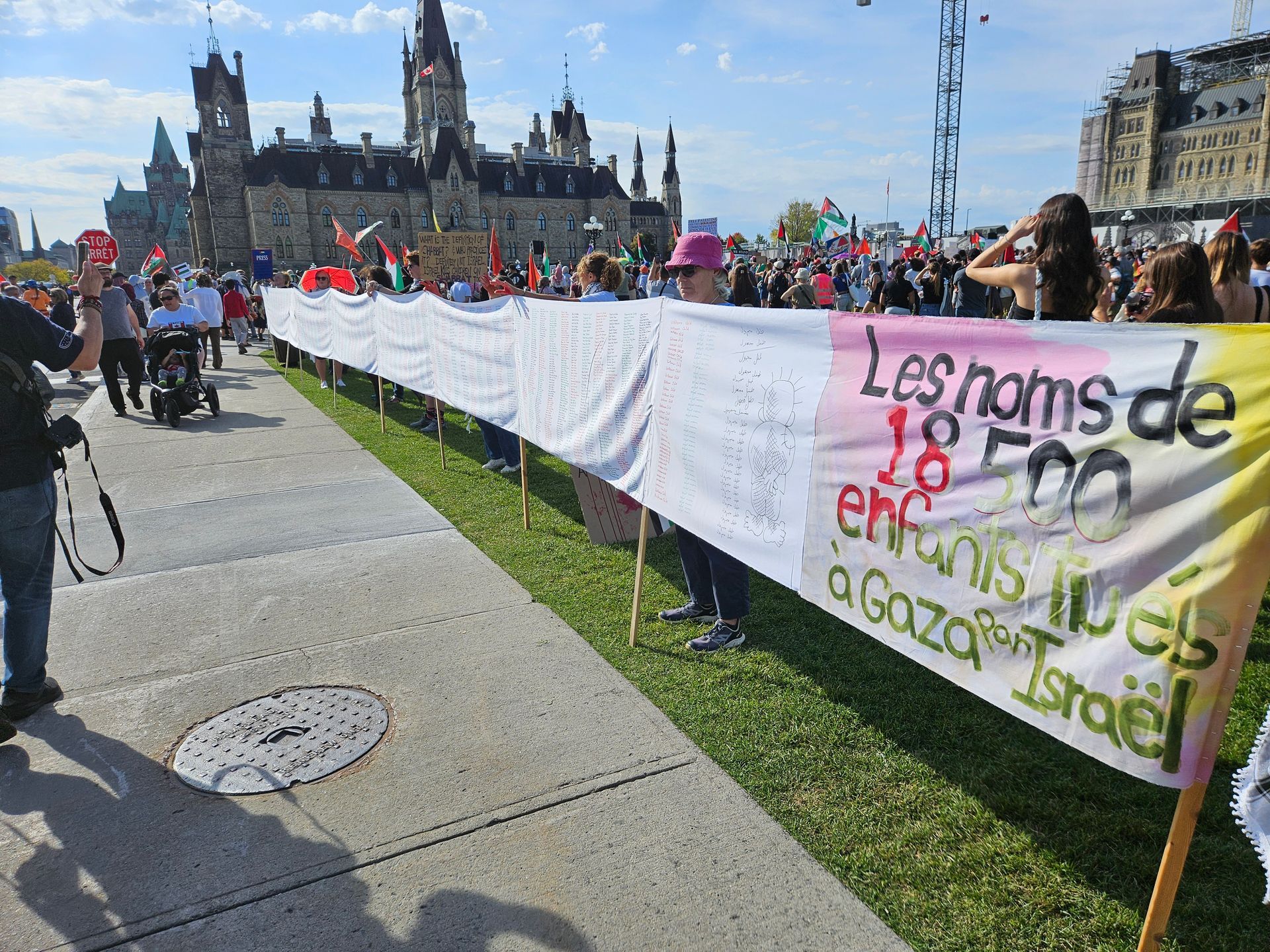Theological Literacy among Laity
In past centuries, church members achieved a remarkable level of theological literacy. A summary of the causes, and their relevance for today's church.
Can we imagine a church in which the bulk of the membership are able to give articulate expression to their Christian faith? Only in the eschaton, one supposes. But there was once a massive thrust in this direction that achieved remarkable success. Church historians have tended to pass over it lightly, in favour of attention to political involvements and theological controversies, but a new generation of scholars in Europe are now pointing to this as one of the big stories of Christian history.
During the Middle Ages, despite much piety among the people and the presence of a few brilliant scholastics, the belief system of the average person tended to be a strange blend of Bible stories, legends of the saints, tales of leprechauns and trolls, and trust in magic potions. Yet by the time of our grandparents, even the unsophisticated were likely to be able to tell you fairly precisely what they believed, and the fairies had been relegated to relatively harmless folklore. The transition took place in both the Roman Catholic and Protestant countries, scholars tell us, and was reaching its zenith only in the 18th and 19th centuries.
How was this change brought about?
1. A better educated clergy.
In the Protestant world, Wittenberg and Geneva drew students from many parts of Europe. Among Roman Catholics, the Council of Trent declared that each diocese should have a seminary for priestly formation. The traditional shape of our theological curriculum was set in the 18th century by German pietists who demanded more effective pastoral oversight.
2. The spoken word.
It is customary today to pity our ancestors, who had to "suffer through" closely reasoned sermons that lasted two or three hours. But the evidence suggests that listeners enjoyed these sermons, discussed them afterwards, and expected their children to be able to report the main themes. Religious revival was often the fruit not of special techniques of communication but of the conviction carried by the words themselves.
3. Worship.
Liturgies were simplified, and either translated or carefully explained. Thus they served not only to create an atmosphere, but to rehearse the main features of the salvation story. Even when Protestants rejection fixed liturgies, they found ways of incorporating theology into worship. The Methodists, for example, used hymn as the leading method of communicating their theology. In Presbyterian homes, family worship brought a daily and sometimes twice-daily dose of Scripture.
4. Catechesis.
Catechisms were not only for children. Part of the task of a Presbyterian minister was to assemble neighborhood groups periodically for sessions in which question from the Westminster Assembly's Shorter Catechism would be put to the entire company, from the most venerable elder to the youngest child able to read. Fear of shame, if nothing else, demanded that seniors should acquit themselves well! The Quebecois of form days also owed much of their religious literacy to a catechism, that of Bishop Jean-Baptiste de Vallier.
5. Schooling.
Religion formed part of the regular school curriculum. For many centuries, formal education was for a small minority - but when it became general, the school emerged as an important vehicle for religious instruction. Denominational teaching was often resisted, but awareness of basic Christian teachings was consdiered essential if society were not to suffer moral collapse.
6. Sunday School.
Beginning as a means of teaching the three Rs to boys in the slums, the Sunday school became in the 19th century the centrepiece of almost every church's educational program. The Sunday school never quite fulfilled the rosy expectations of those who hailed it as a harbinger of the millennium, but it gave millions most of their knowledge of Christianity.
Celebration and despair
To take adequate account of other instruments of theological literacy, we should have to extend the list to include prayer meeting, the heart of 19th century evangelical renewal; women's missionary societies; Roman Catholic con-fraternities; youth parliaments; books and tracts and publishing houses; spontaneous movements - and many other vehicles.
Reading over such a catalogue, we are likely to be impressed by the magnitude of past achievements, and at the same time to despair of making the old methods work as they once did. They depended for their success on an appetite for systematic religious instruction that no longer seems to exist. Most of them involved a measure of authoritarian indoctrination that would be unacceptable today. Some required a willingness to submit to group scrutiny, intimate thoughts and feelings that are now commonly guarded as private concerns.
While some of the old instruments remain indispensable, there is an obvious need to intensify the search for new vehicles that may recapture some of the magic. If sermons fail to command the rapt attention they once did, screen have obvious appeal. If authoritarian approaches provoke resistance, an openness to partnership in search may reveal unexpected interest. If people feel that the inadequacy of their faith may be exposed, they may be eager to talk about problems and dreams to which issues of faith will prove highly relevant.
A word of caution
While we need to explore new educational approaches and models, we also need to beware of illegitimate shortcuts. We may be tempted to use new approaches simply as a means of manipulating people into an accepting mood. We may forget that the church is entrusted with a message, letting the medium of the moment become our message. We must deal honestly with concerns, without deluding ourselves into thinking that the mere sharing of opinions can substitute for the gospel by which the church lives.
The enterprise of raising up a more theologically aware and articulate people must take place mainly in congregations and parishes. In its ordered ministries, the church has available a remarkable network of actual or potential educators. The task can be accomplished only if we see these congregations not only as aggregations of individuals with particular needs, but as communities existing to learn and grow in faith.
Not all ministers are natural educators, and no minister is called to be the only educator in a parish. But every minister is responsible for ensuring that the theological education of the whole community receives due priority. Every ordained minister, in particular, is responsible for ensuring that the faith of the whole church, in all times and places, is brought to bear on the local situation.
John Grant, one of Canada's foremost church historians, retired from Emmanuel in Toronto.


